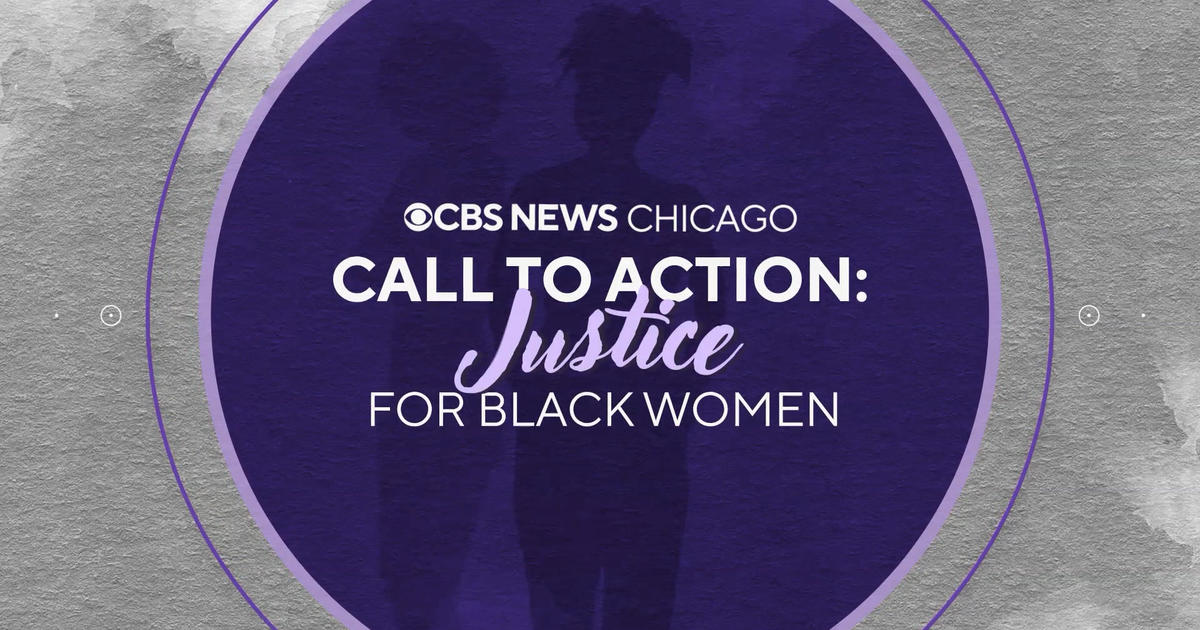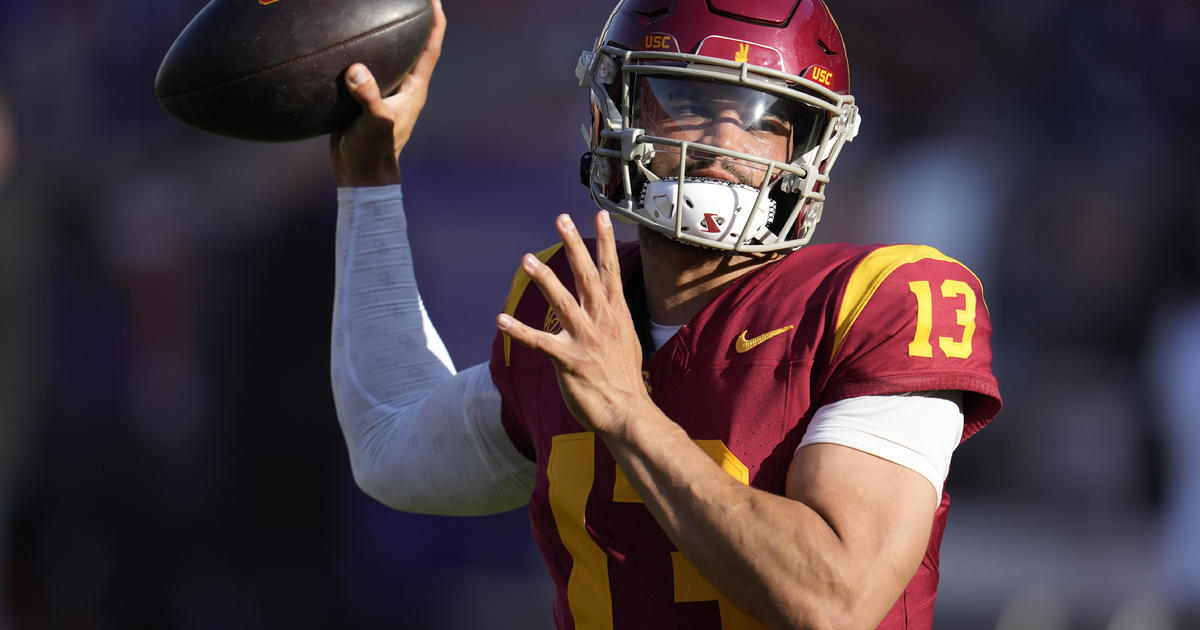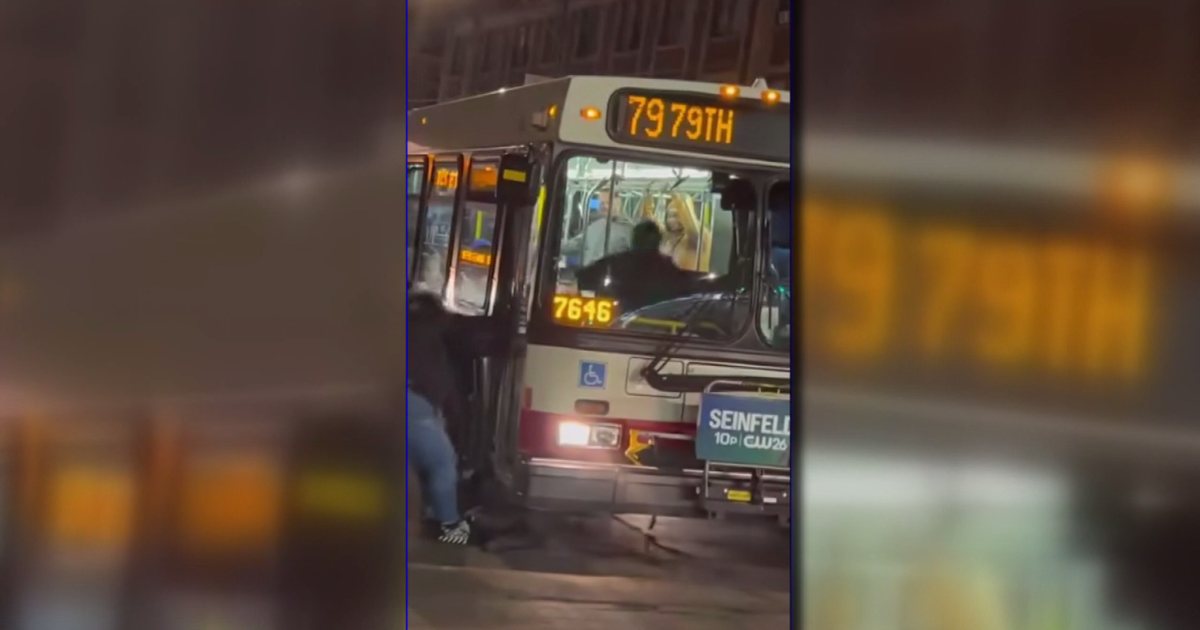Earth Day: A Look Back At The First Event
(CBS New York) -- The first Earth Day happened 51 years ago. In 1970, Richard Nixon was president. The country was embroiled in the Vietnam War, made all the more intense by the ongoing Cold War with the Soviet Union. The Kansas City Chiefs beat the Minnesota Vikings to win Super Bowl IV. Smoking ads were still allowed on TV. Gas cost $.36 per gallon.
Over two-thirds of all Americans alive today had yet to be born.
CBS News correspondent Walter Cronkite described that first Earth Day as "a day dedicated to enlisting all the citizens of a bountiful country in a common cause of saving life from the deadly biproduct of that bounty."
Demonstrations took place across the country with mixed results. While groups across 2,000 universities, 10,000 schools and 2,000 communities planned activities, actual attendance varied. And the outcome wasn't always what people hoped.
Organizers in Boston expected a crowd of thousands, but only a few hundred showed up. Students enacted a "die-in," complete with coffins, to show the dangers of airplane pollution. But even the small, peaceful demonstration at Logan Airport lead to disorder. Police charged the crowd as they were disassembling, making 13 arrests.
New York saw a much bigger turnout, with Fifth Avenue shut down for two hours. Union Square welcomed thousands of people to an Earth Day rally where people saw exhibits and helped clean up. Each area proved to be a brief oasis from the busy and polluted city.
A smaller-than-expected crowd of over 4,000 people attended a rally in the Loop in Chicago. There they listened to singing and speeches recommending, among other things, the elimination of the internal combustion engine.
Universities across the West held events in honor of the first Earth Day. Stanford University, south of San Francisco, California, held an ecology fair, with demonstrations to show the dangers of automobile emissions and how to recycle waste products. A small crowd at UCLA listened to children sing about the dangers. High school students rode bikes to the Colorado state capitol in Denver to show that traveling need not pollute the air. They then proceeded to pick up litter on the grounds.
The protesters certainly seemed to believe in the cause and its urgency. Given the continued need for a day supporting protection of the environment, it's not clear how far their message spread. "It did not unite," according to Cronkite. "Demonstrators were predominately young, predominately white, predominately anti-Nixon. Often its protests appeared frivolous, its protestors curiously carefree."
The major issues on that first Earth Day were pollution and recycling. Today climate change is the headline. While the movement has grown over the decades -- annual events involve upwards of a billion people across the globe -- so too has the need for it. Look no further than the severe weather events that routinely wreak havoc on different parts of the country.
The overarching message of that first Earth Day continues to reach more and more people. The planet is a finite resource. And if human beings use it up, it will become uninhabitable for future generations. The question is: will we act in time?



